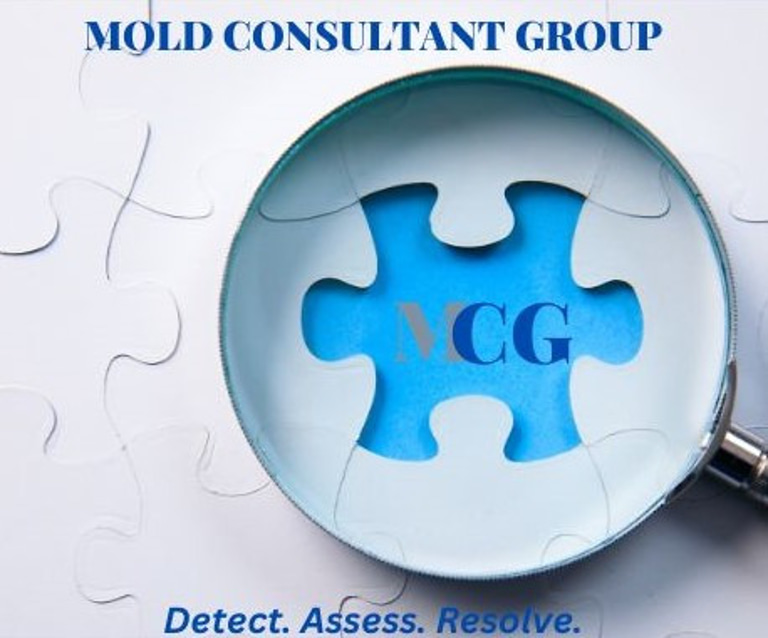Understanding Mold Sensitivities in Humans & Pets
Learn about mold sensitivities, symptoms, and allergies in both humans and pets. Discover how to recognize the signs and protect your loved ones from mold exposure.
3/10/20252 min read


Mold Sensitivities in Humans and Pets — What Texas Families Need to Know
Mold doesn’t just damage homes — it can affect the people and pets living inside them. In warm, humid climates like Montgomery and Harris Counties, mold exposure is common, but it’s often overlooked as a trigger for chronic symptoms in both humans and animals.
At Boone’s Restoration Technologies, we help families across The Woodlands, Spring, Conroe, Magnolia, Montgomery, Cypress, Willis, and Tomball identify and eliminate hidden mold problems — protecting the health of everyone under your roof.
🧠 What Is Mold Sensitivity?
Mold sensitivity occurs when someone reacts to airborne mold spores or byproducts like mycotoxins. These microscopic particles can cause everything from mild allergies to serious respiratory or immune system issues — especially in sensitive individuals or pets.
🏠 Where Mold Hides Indoors
In Texas homes, mold commonly grows in:
Bathrooms, kitchens, or laundry rooms with poor ventilation
Attics, basements, and crawlspaces with high humidity
HVAC systems with condensation or clogged drains
Carpets, insulation, or upholstery exposed to moisture
Around windows, walls, or ceilings after leaks or storms
You don’t have to see mold for it to affect your health — it often hides behind walls or spreads through air systems.
👤 Signs of Mold Sensitivity in People
If you or your family members are experiencing any of the following symptoms — especially indoors — mold may be the culprit:
Sneezing, itchy eyes, or skin rashes
Coughing, wheezing, or shortness of breath
Chronic sinus infections or congestion
Fatigue, brain fog, or recurring headaches
Worsened asthma or respiratory conditions
In severe cases: lung infections or immune system complications
🐾 Mold Sensitivity in Pets — What to Watch For
Just like humans, pets are vulnerable to mold exposure, especially if they spend time near affected areas like floors, basements, or under sinks.
Common signs of mold-related illness in pets include:
Coughing, sneezing, or labored breathing
Itchy skin, fur loss, or frequent scratching
Vomiting, diarrhea, or reduced appetite
Lethargy, behavioral changes, or hiding
If your vet can’t find a cause — and symptoms persist — your home environment may be to blame.
🧪 How Mold Sensitivity Is Diagnosed
In humans: Allergy specialists may use skin or blood tests to confirm sensitivity to mold
In pets: Veterinarians typically rule out infections or allergies before recommending a home mold inspection
A professional mold assessment can pinpoint the problem and support your care provider’s diagnosis.
🧰 How to Prevent Mold in Your Home
Repair leaks in plumbing, roofing, or windows immediately
Use exhaust fans in bathrooms and kitchens
Run dehumidifiers in damp areas and keep indoor humidity below 50%
Clean mold-prone areas regularly with mold-inhibiting cleaners
Install HEPA filters in your HVAC system to reduce airborne spores
Being proactive is key — mold grows fast in Texas heat and humidity.
📍 Proudly Serving: The Woodlands | Spring | Conroe | Magnolia | Montgomery | Tomball | Cypress | Greater Montgomery & Harris Counties
📞 Concerned About Mold Affecting Your Family or Pets?
Call Mold Consultant Group at 832-280-4747 or visit moldconsultantgrp.com to schedule a mold inspection.
Mold may be common — but it shouldn’t be part of your daily life. Let’s restore your home to a clean, healthy, mold-free environment.
Mold Consultant Group, LLC
Services
Contact
info@moldconsultantgrp.com
832-280-4747
© 2025. Mold Consultant Group All rights reserved.
Mold testing and identification
Mold assessments
Mold Protocols
Comparative remediation and repair estimates
CAD floor plans and measurements




